- General Surgery Instruments
- Orthopedic & Spine
- Neurosurgical
- Electrosurgical
- Non-Stick Bipolar Forceps
- European Irrigation Bipolar Forceps
- Monopolar Cables
- USA 2 Pin Bipolar Forceps
- European Non-Stick Bipolar Forceps
- Bipolar Artery Sealer
- Diathermy Instruments
- Bipolar Electrodes
- Disposable Bipolar Forceps
- Electrodes 4.0mm
- Electrosurgical For Gynecology
- European Bipolar Forceps
- Gynecology
- ENT
- Cardiovascular
How to Take Care of Surgical Equipment
Surgical equipment is a cornerstone of modern healthcare, serving a vital function in protecting the health and well-being of patients during medical procedures. Ensuring the proper care and maintenance of these precision instruments is crucial not only to extend their lifespan but also to prevent contamination and guarantee accurate, consistent results. This article outlines essential guidelines for maintaining surgical equipment, supporting healthcare professionals in delivering the highest quality of patient care.
Surgical equipment includes a wide range of specialized tools, instruments, and devices such as scalpels, forceps, clamps, retractors, and more each playing a critical role in surgical success. To maintain peak performance and long-term durability, healthcare facilities must adopt a systematic, well-structured approach to cleaning, handling, and storing these instruments.
Importance of Surgical Equipment Maintenance
Proper maintenance of surgical equipment is crucial for several reasons. First and foremost, it lowers the possibility of infection transmission and cross-contamination among patients.
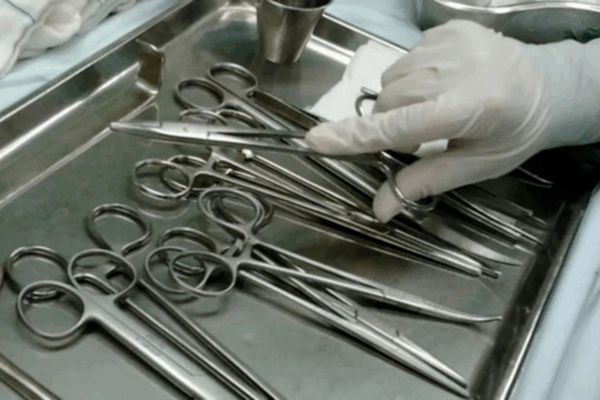
Cleaning and Disinfection
Thorough cleaning and disinfection are essential for maintaining surgical instruments. After each use, it’s crucial to carefully clean the instruments to eliminate organic debris and contaminants. This process can be carried out manually or using automated cleaning systems, ensuring the equipment remains safe and functional for future procedures.
Sterilization Techniques
Sterilization is a critical process to ensure the complete elimination of all microorganisms, including bacteria, viruses, and fungi, from surgical equipment. Each technique has its advantages and considerations, and healthcare facilities should choose the appropriate method based on their specific requirements.
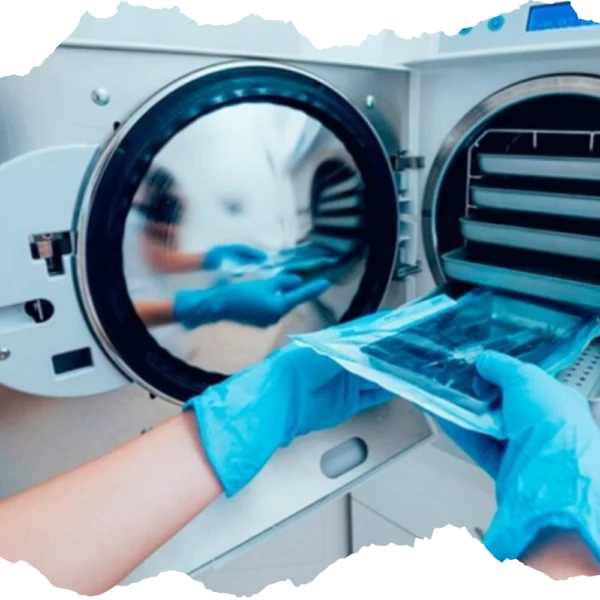
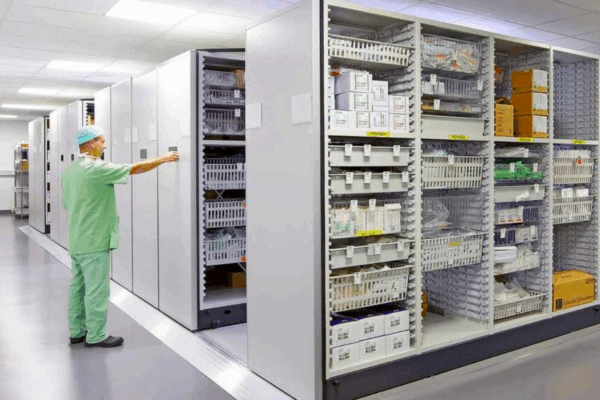
Storage and Handling
Proper storage and handling of surgical equipment are essential to maintain their integrity and prevent damage. Instruments should be stored in clean and dry environments, away from direct sunlight and moisture.
Regular Inspection and Maintenance
Regular inspection and maintenance are vital to identify any issues or damages in surgical tools. Healthcare facilities should establish a schedule for inspections and perform routine checks on all instruments. Any defective or malfunctioning equipment should be promptly repaired or replaced to avoid compromising patient safety.
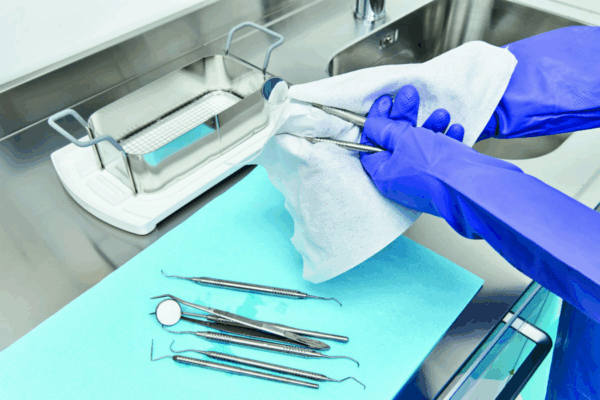
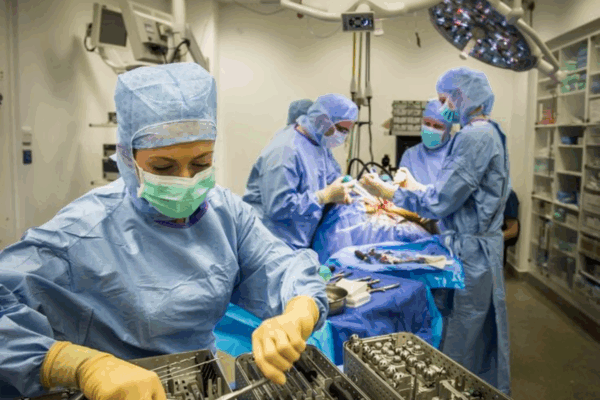
Training and Education
Proper training and education are necessary for healthcare professionals responsible for the care and maintenance of surgical equipment. By equipping staff with the necessary knowledge and skills, healthcare facilities can ensure that surgical instruments are handled and maintained correctly.
Proper Documentation
Maintaining accurate and detailed documentation is essential in the care of surgical equipment. This includes records of cleaning and disinfection processes, sterilization cycles, inspection reports, and repairs or replacements. Proper documentation helps track the maintenance history of each instrument, enables traceability, and ensures compliance with regulatory standards.
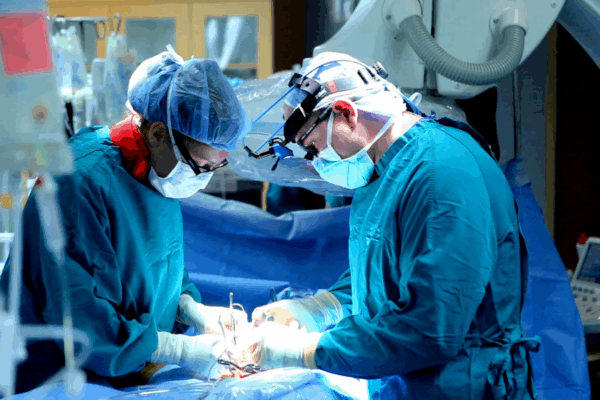
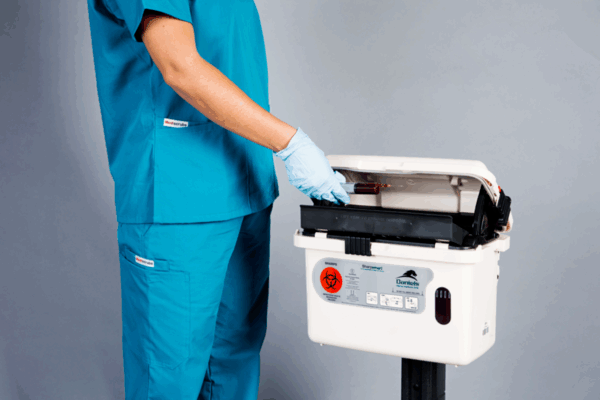
Disposal of Damaged or Expired Equipment
Healthcare facilities should have established protocols for the safe disposal of such equipment to prevent unauthorized use or potential harm.


